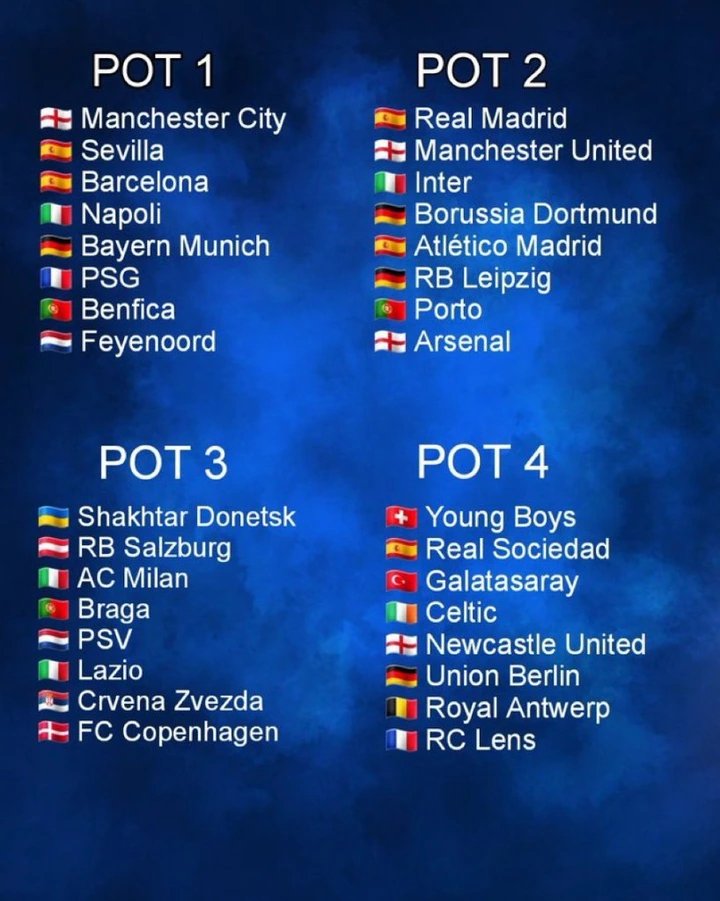The 2030 FIFA World Cup is set to be hosted across six countries on three continents, marking a historic milestone in the tournament’s history. FIFA, the global governing body of soccer, made this announcement following a meeting of the FIFA Council. The tournament will commence in South America, with the opening match taking place in Uruguay, celebrating the 100th anniversary of the inaugural World Cup held there in 1930. Subsequently, the competition will continue with matches in Argentina and Paraguay.

Originally, South American nations sought to host the entire event, but FIFA opted for a multi-country approach. Following the South American leg, the World Cup will progress to Morocco, Spain, and Portugal, where 48 nations will compete, with all six host countries securing automatic berths in the finals. Madrid’s Estadio Bernabeu is under consideration as a potential venue for the 2030 World Cup final.
Surprisingly, FIFA’s decision to award the hosting rights for 2030 came earlier than anticipated, as it was originally slated for approval at the 74th FIFA Congress in 2024. This will be the first time World Cup matches are played in North Africa, Portugal, and Paraguay, with Uruguay, Argentina, and Spain having previously hosted the tournament.
FIFA President Gianni Infantino emphasized the unity of soccer in a divided world and the significance of celebrating the 100th anniversary in the birthplace of the World Cup, Montevideo’s Estádio Centenário.
The designated host nations expressed their commitment to organizing the “greatest World Cup ever.” Spain, Morocco, and Portugal emphasized their rich soccer traditions, organizational expertise, and innovative capabilities.
Despite the enthusiasm, not everyone welcomed FIFA’s decision. The Association of European Football Fans (FSE) criticized FIFA for its approach, citing concerns about the impact on fans and the environment. Some also feared that FIFA’s choice might pave the way for Saudi Arabia, known for its human rights record, to host the 2034 World Cup.
In addition to awarding the World Cup, the FIFA Council made another significant decision regarding Russian U17 teams, allowing them to participate in tournaments but with restrictions, including playing in neutral colors and without displaying the Russian flag or anthem. This followed Russia’s exclusion from major international football associations due to its aggression against Ukraine.
The 2030 World Cup promises to be a unique and multi-continental event, reflecting FIFA’s ambition to celebrate the tournament’s history and broaden its reach, though it has faced criticism and controversy along the way.




